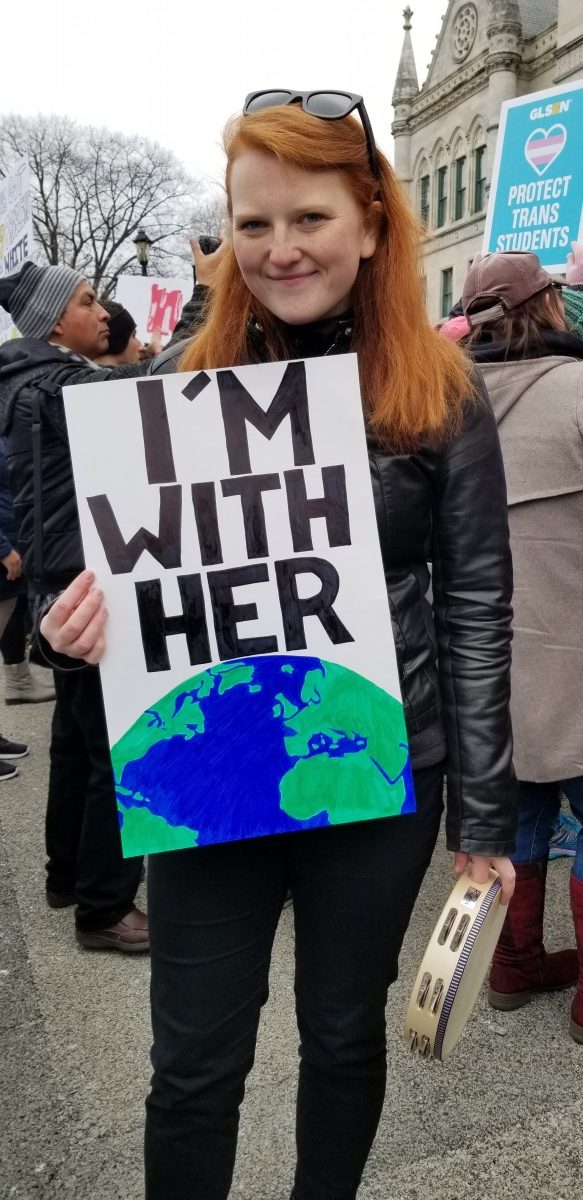“Why should I go to school when my future is underwater?”
“You’ll die of old age, I’ll die of climate change.”
“This is an emergency – act like it!”
For young people around the globe, the earth is quite literally crumbling (or burning, or melting…) around them, and most of them do not hold the political nor economic power to fix it. Many youth who bear the brunt of climate change do not yet have voting power, and those that do are often disappointed by the tempered environmental options they are given, feeling that their climate crisis concerns are not a priority for elected leaders.
When a young Pennsylvania resident asked her local candidate about his plans on climate change, she was publicly brushed off as “young and naïve.” In presidential debates, climate change has historically been a minor issue, continued this year when the Democratic National Committee rejected the Sunrise Movement’s proposal for a climate debate. Consequently, CNN held their own “Climate Town Hall,” but it was not the spot-lit result young people were seeking.

Today’s climate change messaging has shifted from the Earth Day generation and the recent “Go Green” campaign of the early 2000s to communicate a far more urgent situation: comprehensive, society-wide change, rather than individual actions, is the only way civilization will avoid catastrophe. The harsh reality is that your metal straws, litter clean-ups, and thrift shopping (although you should continue those sustainable habits) are no match for the millions of government-approved tons of CO2 released into the atmosphere by large corporations and the fossil fuel industry.
Climate change is an existential crisis of unprecedented scope; young people are experiencing “eco-anxiety,” a paralyzing fear of ecological disaster, and some are questioning if they should even have children in the face of such an uncertain future. This ominous truth tends to inspire two reactions: deep hopelessness leading to inaction, or urgent rage turning otherwise quiet citizens into activists. Modern youth groups, like Extinction Rebellion, Sunrise, and Fridays for Future, are the latter; they are angry, well organized, and representative of a diverse, changing America. The loud momentum these groups are generating rouse some hopeless youth into action, and open older generations’ eyes to the gravity of the situation.
Although the youth are the most actively mobilized on the climate crisis, action can and should come from all demographics. Attending local climate events is a great way to learn about what’s happening in your neck of the woods, and find other inspired individuals. While an international problem, climate change legislation is happening at the State Capitol, and YOU can get involved! To stay informed of statewide legislative action, sign up for CFE/Save the Sound’s action alerts to learn of opportunities to speak up for the environment. Take part in crafting a healthy, livable future for every generation to come.
Katharine Lange is Climate Policy Intern at CFE/Save the Sound, Master of Public Administration Candidate 2020 at the University of Connecticut, Sandy Breslin Conservation Fellow at the Connecticut Land Conservation Council, and is often found exasperating her friends about the importance of climate change action.
